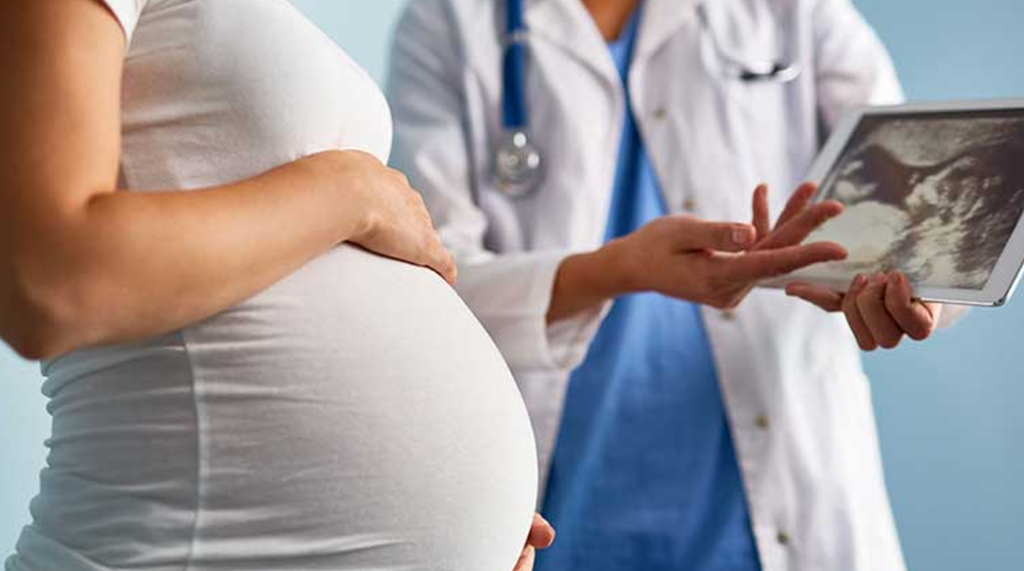Chronic Hypertension in Pregnancy

What Is Chronic Hypertension?
Chronic hypertension means you have high blood pressure that started before pregnancy or was diagnosed before the 20th week of pregnancy. It’s different from gestational hypertension, which develops later during pregnancy.
High blood pressure is defined as a reading of 140/90 mmHg or higher. If left unmanaged, it can affect both your health and your baby’s well-being, but with proper care, most women with chronic hypertension go on to have healthy pregnancies.
How Does Chronic Hypertension Affect Pregnancy?
Chronic hypertension can increase the risk of certain pregnancy complications, including:
- Preeclampsia: This is a condition marked by a sudden rise in blood pressure and damage to organs, such as the liver or kidneys.
- Preterm birth: Babies may need to be delivered early, especially if there are concerns about the baby’s growth or health.
- Placental abruption: This is a rare but serious condition where the placenta separates from the uterus too soon, leading to bleeding and other complications.
- Restricted fetal growth: High blood pressure can limit blood flow to the placenta, leading to a smaller or underdeveloped baby.
However, it’s important to remember that every pregnancy is unique, and not all women with chronic hypertension will face these complications.
Managing Chronic Hypertension During Pregnancy
Managing chronic hypertension during pregnancy requires careful planning and monitoring. At My Lady Doc, we focus on your individual needs to ensure the safest outcome for both you and your baby.
Here are some key ways we can manage chronic hypertension during pregnancy:
Medication Management: Some blood pressure medications are safe to take during pregnancy, while others are not. If you’re already on medication, we will review your treatment plan to make sure it’s both effective and safe for pregnancy. You might need a switch to pregnancy-safe medications like labetalol, nifedipine, or methyldopa.
Frequent Monitoring: You’ll likely need more frequent prenatal visits. This allows us to closely monitor your blood pressure, the baby’s growth, and detect any early signs of complications like preeclampsia.
Lifestyle Adjustments:
- Diet: A healthy, balanced diet low in salt can help keep your blood pressure under control.
- Exercise: Regular physical activity, as recommended by your doctor, can improve your overall health and blood pressure levels.
- Weight Management: Maintaining a healthy weight during pregnancy can lower your risk of complications.
Close Monitoring of the Baby: We may perform additional ultrasounds or other tests to ensure your baby is growing well and receiving enough blood flow.
What If You’re Planning to Get Pregnant?
If you have chronic hypertension and are planning to become pregnant, pre-pregnancy care is key. We recommend scheduling a consultation with us before you start trying to conceive. This allows us to:
- Review your current health and any medications you’re taking.
- Help you achieve optimal blood pressure control before pregnancy.
- Create a personalized care plan that supports a healthy pregnancy journey.
